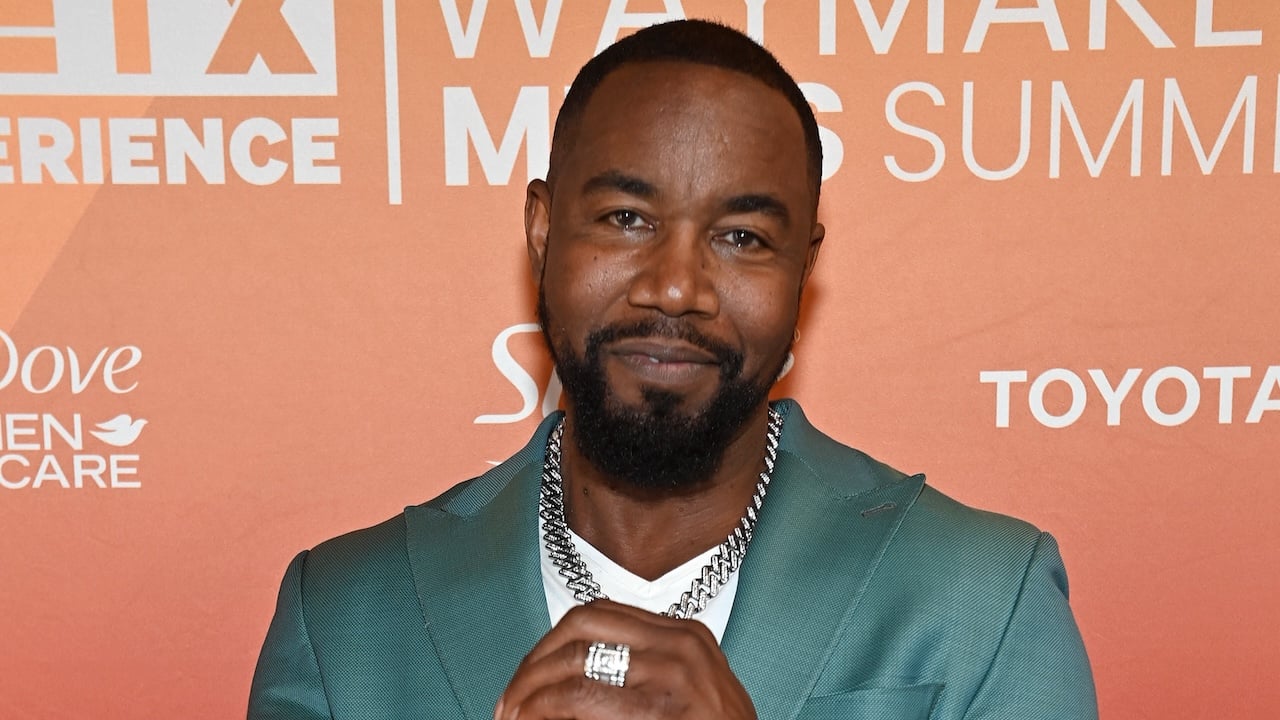
On Aug. 28, a group of Black pastors, known as the Leaders Network, broke ground on a new credit union in the Austin neighborhood of Chicago. Aiming to help eradicate the glaring discrepancies in wealth between Black and white residents, the Leaders Network Credit Union is expected to open its doors in February 2024.
Advancing economic power in a city with over 700,000 Black residents is top of mind for many community leaders who see the landscape as bleak, at best, and irreparable if things continue to decline. “Dr. King spent the last months of his life fighting for economic justice for Blacks, poor whites, Latinos, and indigenous people!” said Rev. Ira Acree, co-chair of the organization. “This credit union initiative, if duplicated in other urban markets, could ultimately change the landscape in America, because Black families and Black businesses will be able to get loans in their own community without being redlined or getting outright denied.”
According to the Chicago Crusader, poverty rates in the Austin neighborhood have hit a staggering 21.1%, a rate that is more than 1.5 times that of the state of Illinois. However, the South Side of Chicago, where many of the city’s Black residents reside, also boasts an alarming rate of impoverished people. Once considered the “Black Business Mecca,” the Windy City has struggled to find answers to both rising crime rates and high numbers of unemployment, which in turn has seen some of Chicago’s most prominent Black neighborhoods turn into pockets of hopelessness. The Leaders Network believes a focus on driving money into the city can provide the spark for change. “In 2005, several faith communities organized and modeled our social justice work after Dr. King’s SCLC to advocate for the marginalized on Chicago’s Westside and beyond,” said Rev. Marshall Hatch, senior pastor of New Mount Pilgrim Church and co-chairman of the group. “This giant step toward financial empowerment of families is launched today in honor of Dr. King, who himself resided on the Westside in 1966. In 2023, the dream still lives.”
What leaders see as the true enemy against progression in the predominately Black neighborhoods of Chicago is the “poverty industrial complex,” which consists of businesses and services targeted at the poor, uneducated, or marginalized. These establishments include used car dealerships, check-cashing outlets, pawnshops, payday loan businesses, collection agencies, rent-to-own programs, high-interest credit cards or mortgages, finance companies, and trade schools marketed specifically to the most at-risk residents. “As member-owned not-for-profit institutions, credit unions give back the income they generate to their members and communities,” Steve Bugg, president & CEO of Great Lakes Credit Union, said. “This not-for-profit model allows credit unions like Great Lakes and others to invest in partnerships—like our partnership with the Leaders Network—that support historically divested communities. This also allows us to focus on creating and offering products and services to these communities with a focus on what’s best for the consumer, not what’s best for our profits.”





